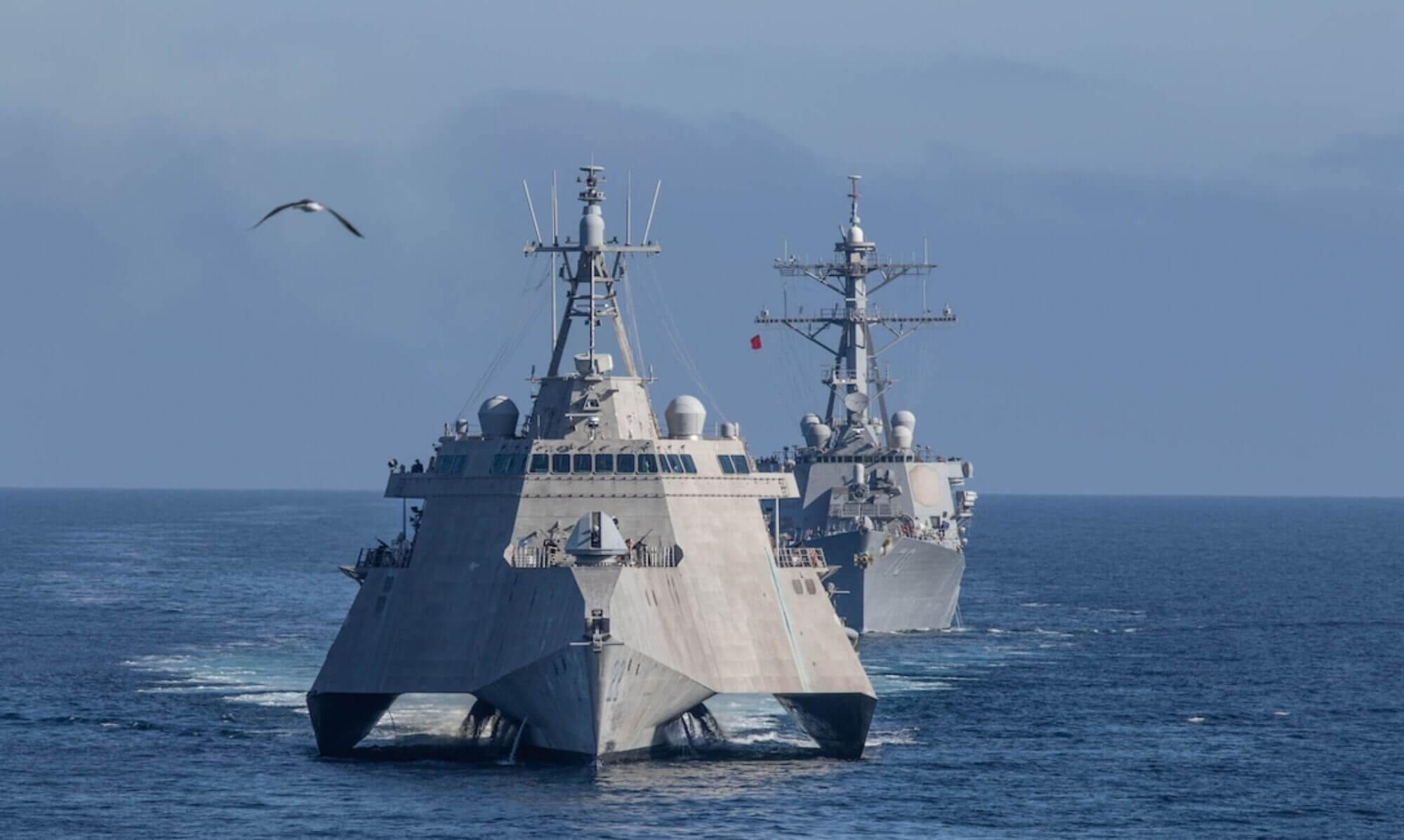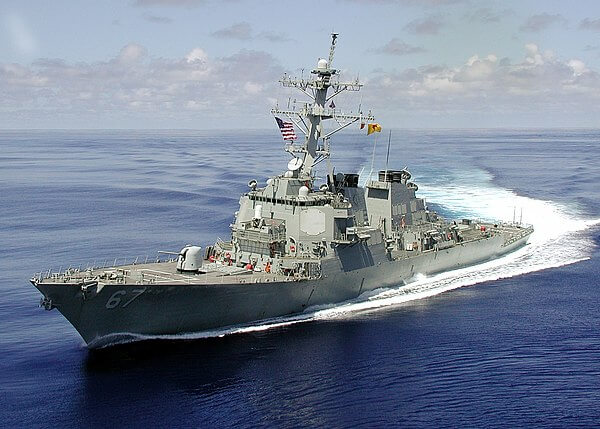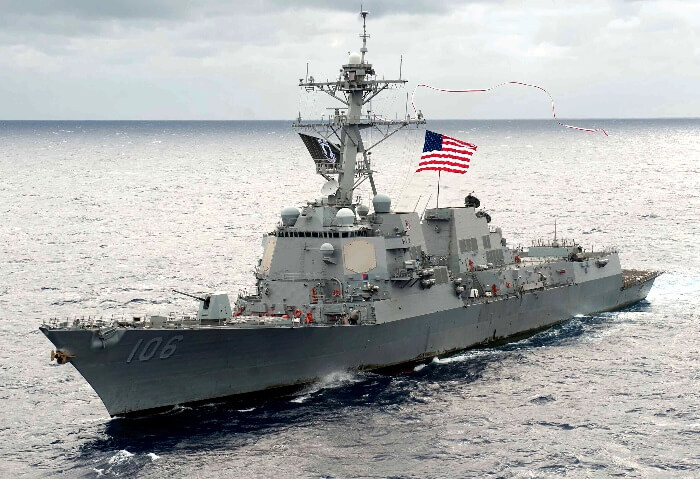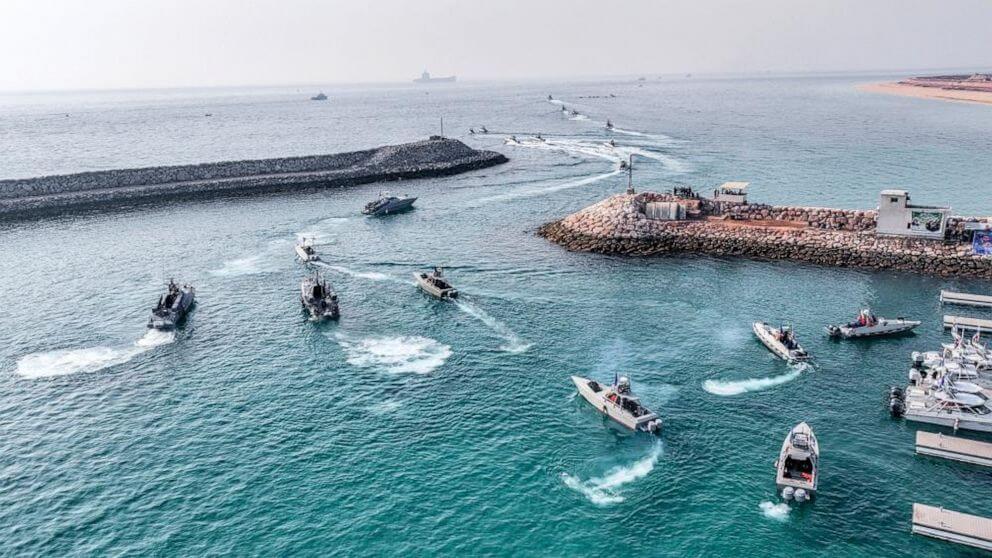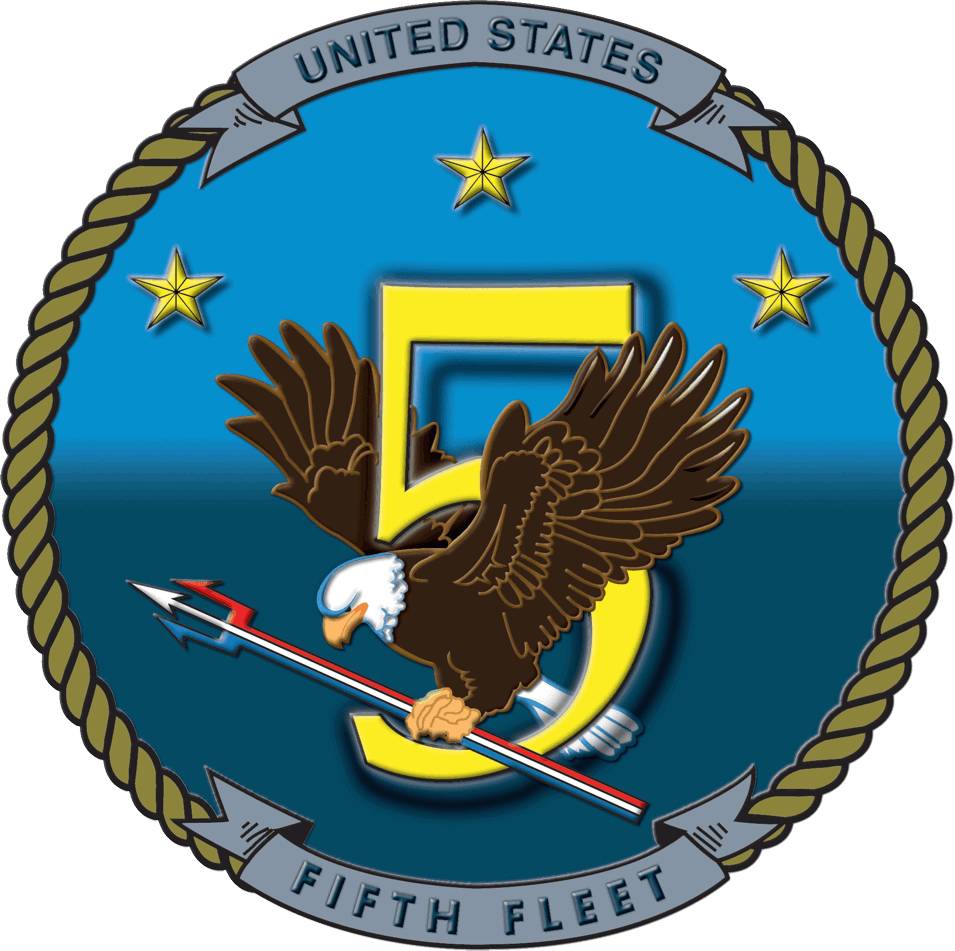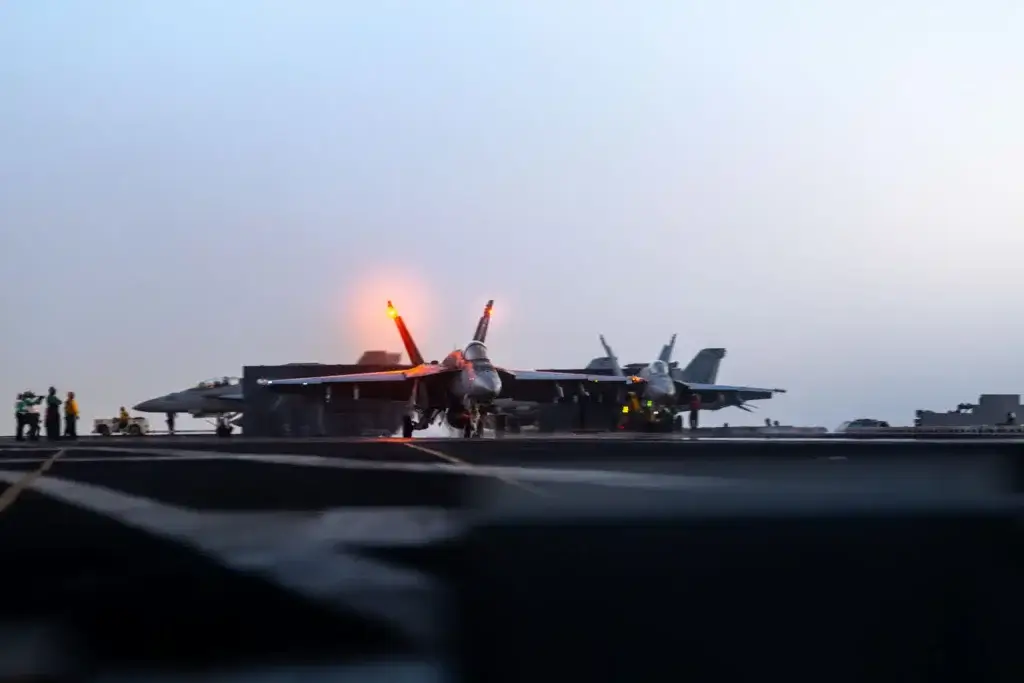
A New Phase in the Red Sea Conflict
The U.S. Navy has officially escalated its engagement in the Red Sea, transitioning from defensive posturing to sustained combat operations against Iran-backed Houthi forces. This shift follows President Donald Trump’s pledge to employ “overwhelming lethal force” in response to persistent Houthi attacks on commercial and military vessels.
The Mission: Neutralizing Houthi Anti-Ship Capabilities
In a press statement, U.S. Secretary of State Marco Rubio confirmed that the campaign aims to dismantle the Houthis’ ability to target international shipping and U.S. assets. Unlike previous limited retaliatory strikes, this new phase includes proactive, sustained efforts to eliminate threats, including:
- Command and control centers
- Missile launch sites (Transporter Erector Launchers)
- One-way attack drones (OWA-UAS)
- Weapons storage facilities
Additionally, sources indicate that Iranian assets—such as the intelligence-gathering vessel MV Behshad, which has reportedly provided targeting data to Houthi forces—may also be targeted.
Combat Operations Underway
In the past 24 hours, U.S. Navy F/A-18 Super Hornets launched from USS Harry S. Truman (CVN 75) have carried out dozens of strikes across Houthi-controlled territory in Yemen. These operations were supported by Tomahawk cruise missile strikes from Arleigh Burke-class guided-missile destroyers in the region.
President Trump’s Warning to Iran
In a post on Truth Social, President Trump issued a direct warning to Iran, stating that any Houthi attack would be treated as an Iranian attack:
“Every shot fired by the Houthis will be looked upon, from this point forward, as being a shot fired from the weapons and leadership of IRAN, and IRAN will be held responsible… and those consequences will be dire!”
The statement underscores growing concerns that the conflict could escalate into a broader regional war.
Houthi Retaliation and U.S. Response
Despite these warnings, Houthi forces launched 10 attack drones at the USS Truman less than a day after the U.S. strikes. All drones were intercepted before reaching the carrier.
According to CENTCOM, since 2023, Houthi forces have attempted:
- 174 attacks on U.S. Navy ships
- 145 attacks on commercial vessels
While no U.S. Navy ship has been successfully struck, commercial shipping has suffered multiple hits, including the sinking of the bulk carrier MV Tutor last year.
Preparing for a Prolonged Conflict
The U.S. Navy has been preparing for this scenario for months, including:
- Prepositioning missiles and munitions
- Deploying airborne minesweepers
- Coordinating additional forces
As tensions escalate, the USS Gerald R. Ford (CVN 78) Carrier Strike Group is completing COMPUTEX training and may be deployed to reinforce U.S. forces in the region.
Why Americans Should Care
- Strategic Waterways Under Threat: The Bab al-Mandab Strait and Red Sea are critical for global trade. Disruptions could impact oil prices and supply chains.
- Broader Implications for U.S. National Security: Iran’s role in these attacks highlights the risk of expanded conflict in the Middle East.
- Protecting U.S. and Allied Assets: The safety of commercial shipping, as well as military and civilian personnel in the region, remains a top priority.
Implications for the U.S. Navy
- Sustained combat operations will test the Navy’s ability to conduct extended engagements while maintaining readiness elsewhere.
- Increased missile defense efforts will be critical to counter future threats.
- Potential strain on resources could impact deployments in the Pacific and other high-priority regions.
Implications for U.S. Allies
- Increased pressure on regional partners (Saudi Arabia, UAE) to respond to Iranian-backed aggression.
- Possible involvement of NATO and European allies in securing international shipping routes.
- Greater U.S. military presence in the region could shape future diplomatic efforts.
Final Thoughts
With the U.S. Navy now in active combat and President Trump’s warning to Iran, the stakes in the Red Sea have never been higher. Whether this campaign will succeed in neutralizing the Houthi threat or escalate into a larger regional conflict remains to be seen.
One thing is certain—this is a defining moment for U.S. maritime power and its role in global security. Join the discussion on X.
